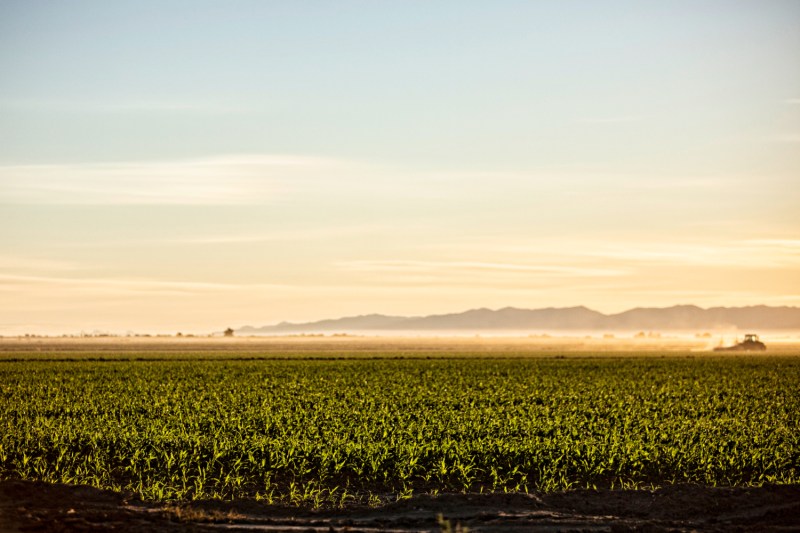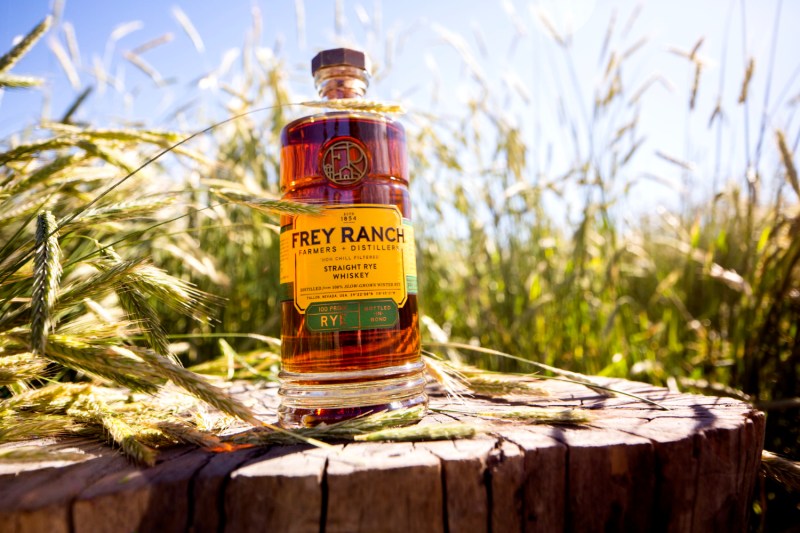There’s a growing estate movement underway, bringing producers closer to their ingredients. It’s an approach that wine has made famous, but is gaining (or regaining) steam in other areas of agriculture, too, like the growing of grains and making of spirits. With craftspeople looking to work with what’s right in their domain, the resulting work is not only tastier and more authentic, but it’s also a real reflection of terroir and the flavor associated with a specific place.
Estate is something the wine industry has long celebrated. The idea is that the vines and resulting fruit on your property express something unique to that place. It could be the climate, soil, elevation, or some other factor, but because it’s singular to that area, you get something singular in the glass. It’s much deeper than that, of course, as estate involves more control over your farming practices and perhaps a greater familiarity with the land, but in a nutshell, this is the idea.

Lately, all facets have embraced that concept, from coffee producers to gin makers. It’s rather exciting, as it stresses a closer relationship between the producer, ingredients, and the final product. And because there’s such a push for identity in that Pinot Gris, whiskey, mezcal, or espresso that’s made, oftentimes the process is more environmentally friendly. Many producers don’t want to add anything artificial to take away from the uniqueness of what they’re making.
In Nevada, Frey Ranch Distillery is going the estate route. The brand’s farm-distilled bourbon is made fully from grains grown on-site, which is something few in the game can claim. The family-owned operation, led by fifth-generation farmer Colby Frey, raises non-GMO corn, winter wheat, rye, and barley on the grounds, ultimately turning them into brown spirits.
The site sits to the east of the Sierra Nevada, a 1,500-acre plot where the Frey’s exercise full control over the entire production process. All the malting, mashing, milling, distilling, and aging are done in-house. In the end, the whiskies echo all that, showing detail and a sense of attention and care. Whereas many spirits are merely assembled in one spot, made with imported grain alcohol or a mash bill of ingredients grown several states away, this approach is different and practically impossible to duplicate.
As Frey has said, this is really about returning to the roots of farming. Distilleries were doing this long ago and now it’s happening again. “Today, people care more than ever about where their food comes from, how it is grown, and the process behind it,” he said, referencing the popularity of farmers markets. “Frankly, I am surprised the distilling industry took so long to catch on.”
He calls what his family is doing a “ground to glass” approach for whiskey. “I tell everyone, ‘with better inputs you end up with better outputs,'” he says. “As a born and bred farmer, I truly believe you can taste the different grains in our whiskey expressions and that’s because we approach farming and distilling with conservation in mind.”

Frey said the distillery simply wouldn’t be without the farm. “They are both equally important to Frey Ranch’s operation,” he stated. “There is a saying in the wine industry, ‘you cannot make good wine with bad grapes.’ I believe the best way to ensure your final product is consistently high quality is starting with the best possible ingredients. And, the best way to get quality ingredients is to grow them yourself.”
There are other benefits as well. The Frey operation is not tapping resources to get ingredients shipped to its distillery, like so many other brands do, often from faraway international locations. There’s a more straightforward mental benefit, too. “Personally, I find it refreshing to go back and forth between the farm and distillery,” he added. “It helps me stay grounded and keeps me from getting burnt out.”
Others are on board, and the trend is showing no signs of slowing down. Brands like Far North Spirits in Minnesota and fellow Nevadan outfit Bently Heritage Estate Distillery are pursuing the same objective. Hillrock Distillery in New York and a growing number of others elsewhere in the United States are following suit.
Supply chain shortages are making the move even more attractive, as it allows a producer to be autonomous, or at least nearly so. Recently, brewers have been focusing more on growing their own hops and sourcing malt domestically. Some wineries are even looking to create their own vessels for aging, trading in things like French oak for house-made amphora or barrels made from local wood.
One of the simplest and perhaps overlooked benefits of farm spirits is the distinction they offer. As America continues to compete with big-name wine nations like France and Italy or famous spirits-producing locales like Scotland or the Caribbean, it will have more and more one-of-a-kind options to extend its status. For the spirits enthusiast, this is exciting news.


